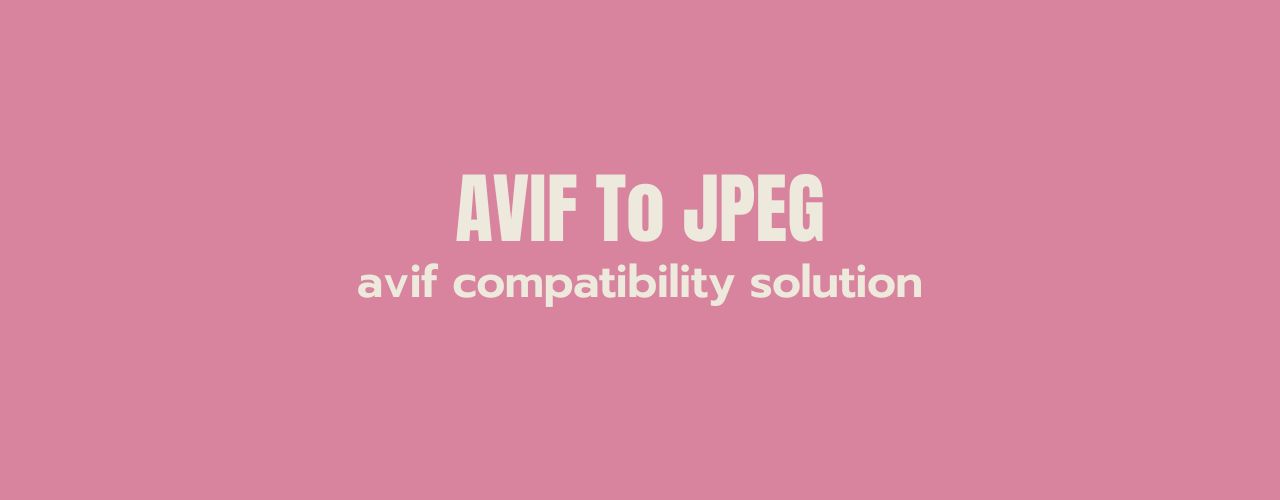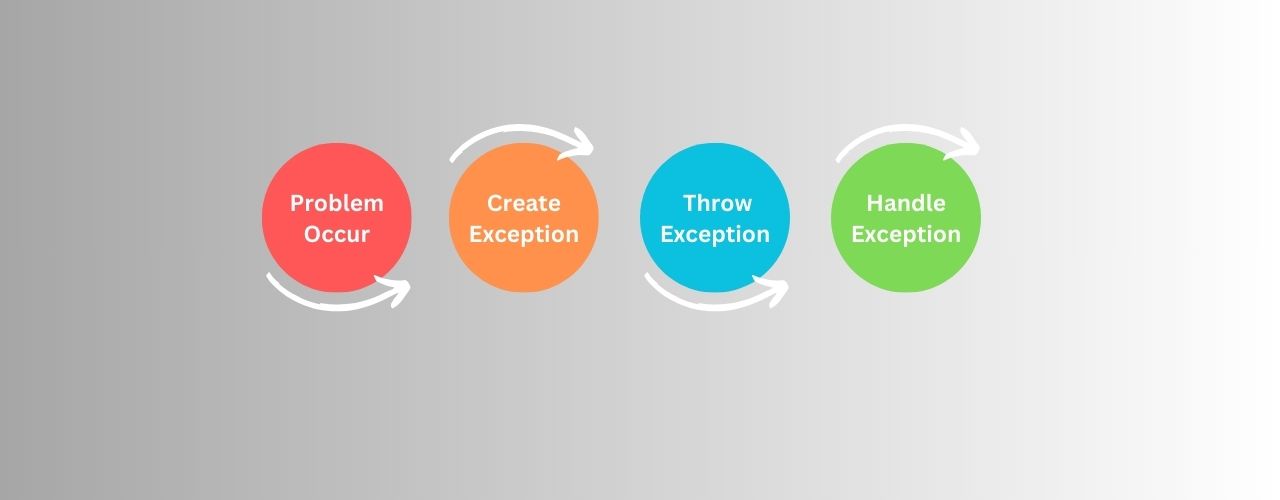Welcome to the world of Generative AI, where algorithms transform data into something entirely new, giving machines the ability to create, imagine, and innovate. It may sound like science fiction, but Generative AI has quietly become an integral part of our daily lives. Let's dive into this fascinating realm and explore how it's making waves in various fields.
What is Generative AI?
Generative AI is a subset of artificial intelligence that involves machines creating original content, mimicking human creativity. Unlike traditional AI systems that are rule-based and predictable, generative models learn from massive datasets and generate new content autonomously. They can produce anything from images and music to text and more.
Everyday Applications of Generative AI:
Content Creation: Generative AI has revolutionized content creation. For instance, it can generate realistic images that never existed before. This is widely used in design, art, and even video game development. Have you ever marveled at an image, wondering if it's a photograph or a computer-generated masterpiece? You might have generative AI to thank for that.
Chatbots and Virtual Assistants: Ever chatted with a customer support representative online? There's a good chance you were talking to a chatbot powered by generative models. These AI-driven assistants can understand and respond to human queries, making interactions more efficient.
Writing Assistance: If you've ever used predictive text on your smartphone, you've experienced a simple form of generative AI. Advanced language models can now assist writers by generating paragraphs, suggesting improvements, or even composing entire articles. It's like having a writing companion at your fingertips.
Art and Music Generation: Generative AI is turning the tables in the world of art and music. Algorithms can compose music or create artworks, often indistinguishable from pieces made by humans. This not only expands the creative possibilities but also challenges our perception of what constitutes "art."
Video Game Design: In the gaming industry, generative AI is a game-changer (pun intended). It's used to create lifelike characters, design virtual environments, and even develop adaptive storylines based on a player's choices, providing a more personalized gaming experience.
Healthcare Innovations: Generative models are proving their worth in healthcare by assisting in medical image analysis, drug discovery, and even predicting patient outcomes. These applications can lead to more accurate diagnoses and tailored treatment plans.
Deepfakes and Ethical Considerations: While generative AI offers incredible possibilities, it also raises ethical concerns, particularly with the rise of deepfake technology. Deepfakes use generative models to create hyper-realistic fake videos, posing challenges for authenticity and trust in the digital age.
Challenges and Future Outlook:
Generative AI isn't without its challenges. Ensuring ethical use, addressing biases in the data, and refining the technology's understanding of context are ongoing concerns. However, as the field advances, so do the possibilities.
In the future, we can expect even more integration of generative AI in our daily lives. From personalized content recommendations to innovations we can't yet fathom, the journey of Generative AI is only just beginning.
Conclusion:
Generative AI is reshaping the way we interact with technology, pushing the boundaries of what's possible. As it continues to evolve, we'll likely see more applications that enhance our creativity, streamline our tasks, and challenge our perceptions of what machines can achieve. Whether you're aware of it or not, generative AI is quietly influencing the world around you, making it a thrilling time to be part of this technological revolution.





























